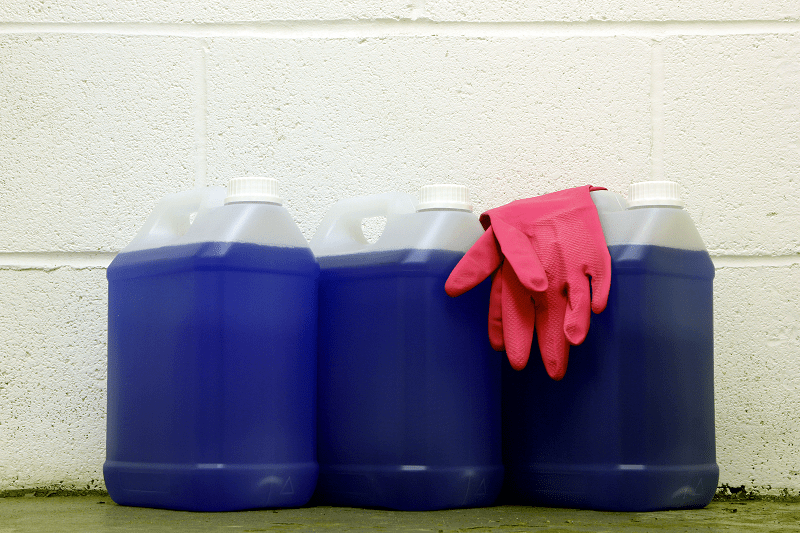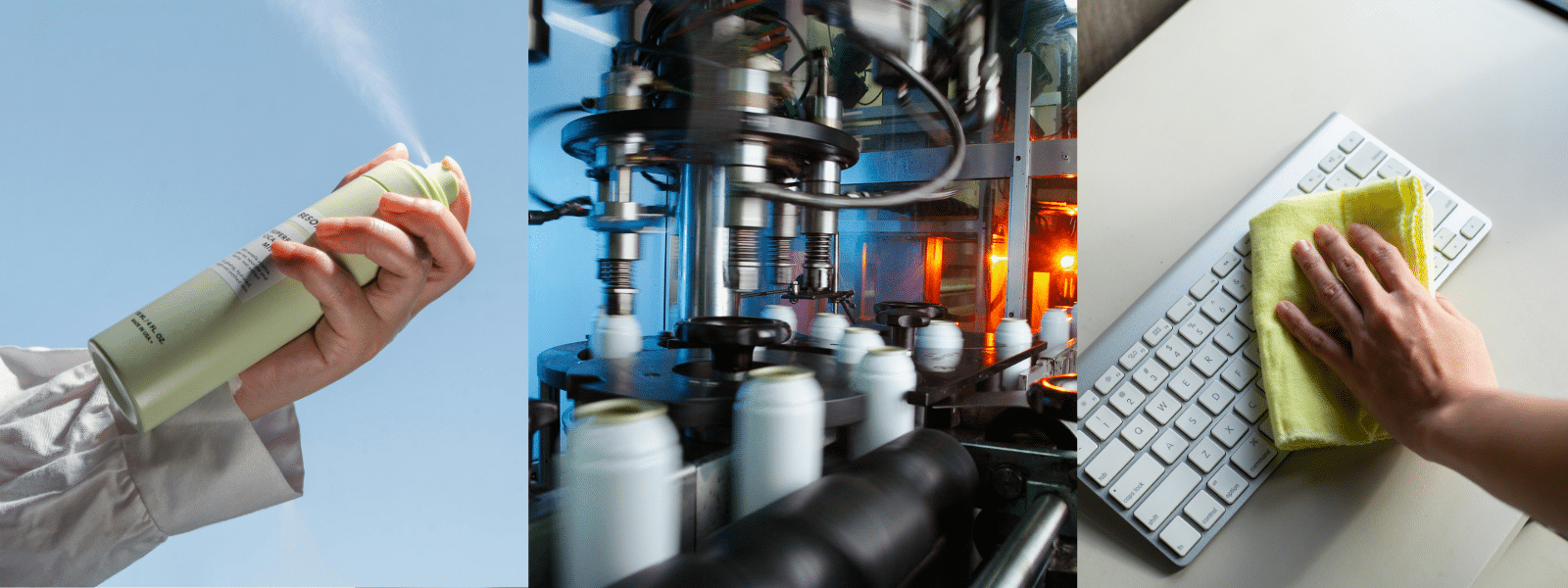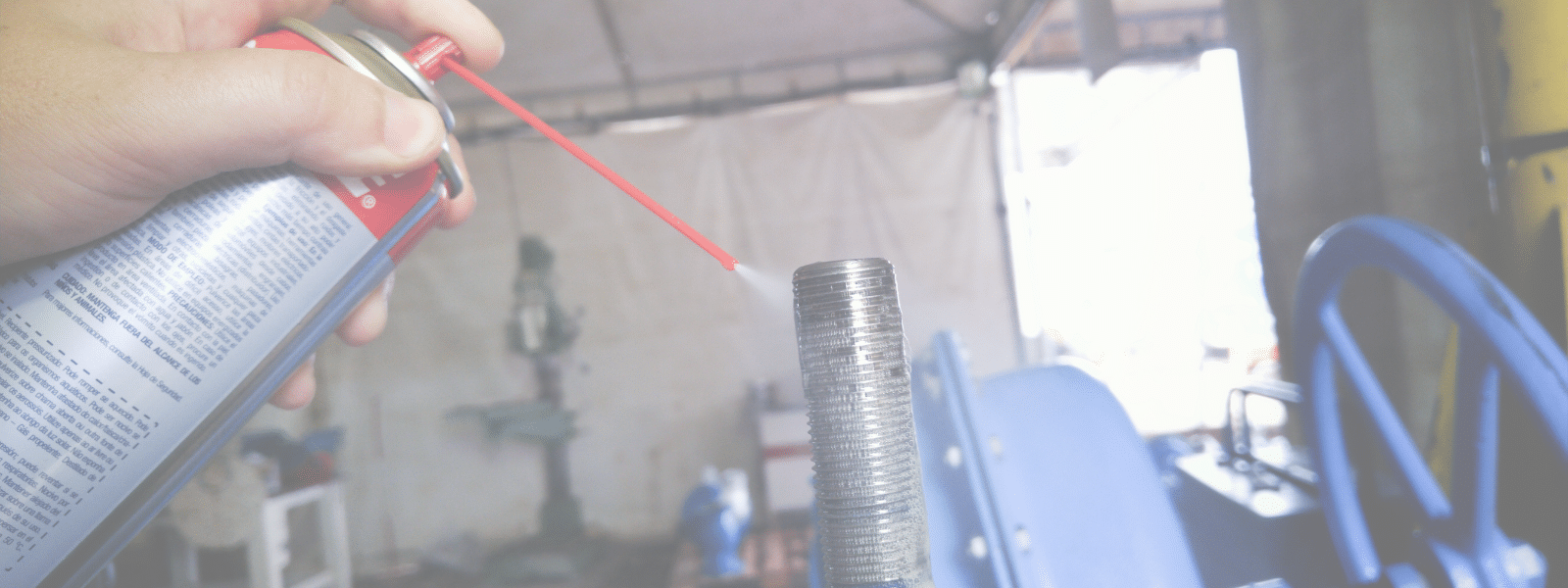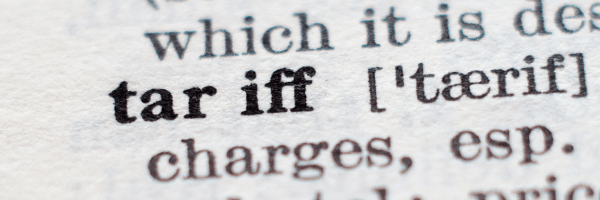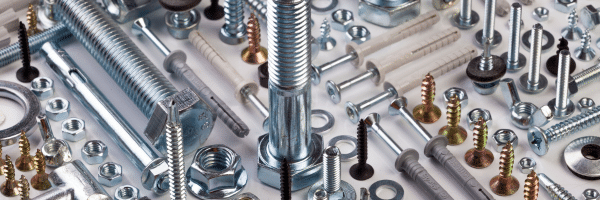
For additional information about these solvent classes, call Ecolink today at (800) 563-1305.
- Oxygenated Solvents
These types of solvents are produced by distilling components from chemicals to create the right consistency and balance of ingredients for the end product. Oxygenated solvents are known for possessing an exceptionally high rate of purity due to solvent refinement processes — such as the removal of particulate matter and excess water — that occur in the end stages of production. Common examples of oxygenated solvents are alcohols, glycol ethers, and ketones. We can supply a wide rage of oxygenated solvents for a various industrial cleaning operations.
- Hydrocarbon Solvents
These types of solvents contain special hydrocarbons that make them useful for a wide variety of cleaning products, from those that are used for residential cleaning to ones that are used for industrial cleaning operations. Because hydrocarbon solvents are typically created to serve a specific purpose, their formulation is often more complex than the formulation of oxygenated solvents, particularly in terms of solute composition, color, flashpoint, and aromatic quality.
Common examples of hydrocarbon solvents are benzene, petroleum ether, and turpentine.
Some hydrocarbon solvents — particularly benzene — are infamous for emitting hazardous air pollutants (HAPs) that cause poor health due to chronic or acute exposure. If you use a toxic hydrocarbon solvent, we can provide a safe replacement that has the same cleaning power.
- Halogenated Solvents
These types of solvents are hydrocarbon solvents that have been subjected to a chlorinating process, which means that they possess some of the same qualities as the parent solvents. However, one significant difference between hydrocarbon and halogenated formulations is that the latter tend to have a more pungent aroma than the former. Halogenated solvents are highly effective. Unfortunately, though, their chlorinated formulation often poses safety risks. Common examples of halogenated solvents are chlorobenzene, dichloromethane, and trichloroethylene.
Some hydrocarbon solvents are known to emit HAPs that cause negative health events due to chronic or acute exposure (trichloroethylene is perhaps the most well-known). If you use a toxic halogenated solvent, we can provide a safe replacement that has the same cleaning power.
Which Types of Solvents Do You Need?
Some organizations use all three types of solvents listed above, while other organizations only use one. If you aren’t sure exactly which type(s) of solvents you need for new cleaning operations, Ecolink is here to help. In addition to selling readymade and custom made industrial grade solvents, we advise our customers on choosing the best solvent options for their unique cleaning requirements. We also provide eco friendly replacements for hazardous solvents.
For assistance selecting the right oxygenated, hydrocarbon, and/or halogenated solvents, or for help identifying replacements, call us today at (800) 563-1305, or complete the contact form located on our website. We look forward to providing you with safe, effective cleaning products!





